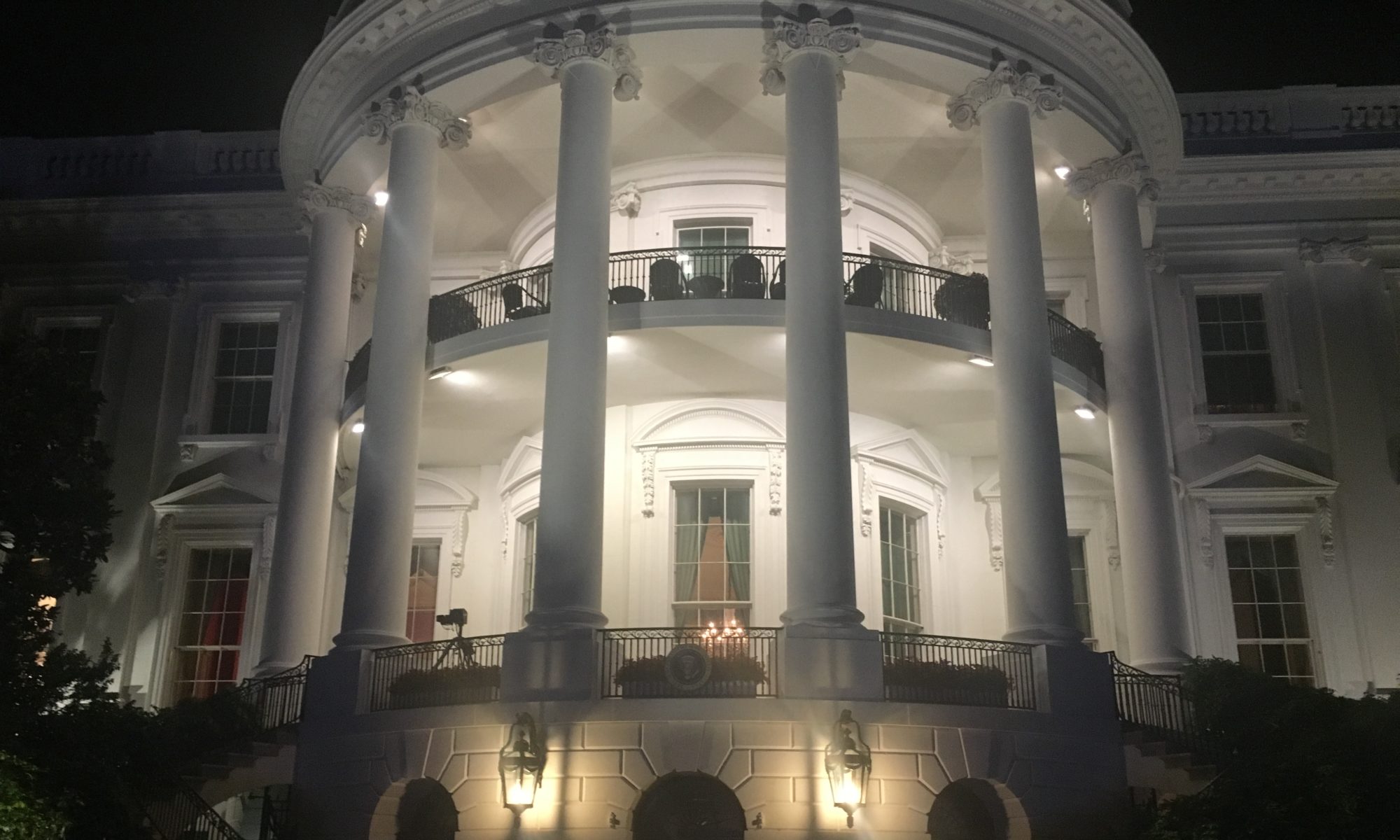March 27, 2018
Consider the paradox of Black women. At once hyper-visible and invisible, we labor under the burden of toxic stereotypes. On an individual level, we are ubiquitous avatars of beauty and culture, like Beyonce and Rihanna, but as a group, we are alternatively derided or ignored; our political clout and contributions minimized. Society views far too many of us through a distorted lense that is literally killing us (Source: “Nothing Protects Black Women From Dying in Pregnancy and Childbirth. Not Education. Not Income. Not even being an expert on racial disparities in healthcare,” by Nina Martin and Renee Montagne, Propublica.org., 12/7/17).
Black women are the disproportionate victims of gun violence, with gun homicide levels that exceed those of white men (Source: “Why black girls are taking a leading role in the fight for gun control,” by P.R. Lockhart, Vox.com, 3/26/18). In addition, while we struggle to get people to agree that Black lives matter, it would seem that the lives of Black women matter least of all. Although the dialogue has been centered around Black men, Black women are also disproportionately victimized by police violence and 60% of Black women killed by the police are unarmed (Source: Police kill unarmed blacks more often, especially when they are women, study finds,” by Gerry Everding, The Source: Washington University in St. Louis, source.wustl.edu, 2/6/18).
Against that backdrop, Saturday’s March for Our Lives was truly a marvel to behold. Kids too young to buy a drink showed us what a truly intersectional movement looks like. The young Parkland organizers put Black and Latino teens, whose struggle against gun violence rarely make the evening news, front and center. There was Edna Chavez of Los Angeles, who lost her brother Ricardo to gun violence and told the crowd that she “learned to duck from bullets before I learned to read.” Mya Middleton, a 16 year old from Chicago, described facing down a gunman in a convenience store, narrowly escaping with her life (Source: “The Most Memorable Speeches from March For Our Lives,” by Kayla Epstein and Teddy Amenabar, The Washington Post, 3/26/18).
The most impactful speech of all, second only to Emma Gonzalez’s riveting 6 minutes and 20 seconds of silence, was that of magnetic 11-year-old Naomi Wadler. Naomi demanded that we stop and take notice of the Black women and girls felled by gun violence; that we say their names — names like Courtlin Arrington and Hadiya Pendleton (Source: “11-year-old Naomi Wadler sends powerful message at March for Our Lives: Honor African American Victims,” by Sean Rossman, USAToday.com, 3/24/18). At the end of the day, even more than the size of the crowds, this was the most impressive message of the March for Our Lives. The question is whether the adults will learn what the kids from Parkland already know: If you really want to make a change, you have to share the stage.
#SayHerName
##Guncontrolnow
#Marchforourlives
